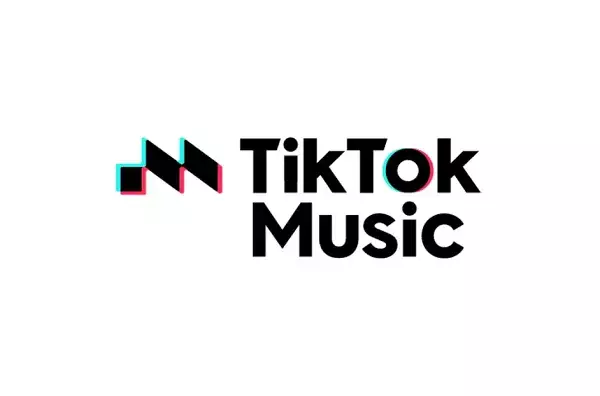TikTok, the short-video platform that has taken the world by storm, is preparing to shut down its separately branded music streaming service, TikTok Music. This impending closure is emblematic of the struggles the platform has faced in the rapidly evolving music streaming industry, a landscape dominated by well-established giants such as Spotify and Apple Music. Launched with high hopes and ambitious plans, TikTok Music has all but faltered, raising questions about the feasibility of competing in an already saturated market while navigating unique operational challenges.
The origins of TikTok Music trace back to late 2019 when it was introduced to the Indian audience under the name “Resso.” This initial foray coincided with TikTok’s soaring popularity in India, a market that seemed ripe for musical exploration through digital means. Thus, Resso was envisioned as a complementary service allowing users to stream music that would sync seamlessly with TikTok’s short videos—a whimsical endeavor that, in theory, could have attracted millions.
However, a significant obstacle arose when TikTok was banned in India in mid-2020, an unexpected development that left many wondering how Resso would cope. Remarkably, Resso remained operational, though it struggled to capture the attention and loyalty of Indian users. The app’s eventual ban in late 2023 effectively marked the end of its journey in India, aligning perfectly with the notion that the Indian user base never adopted the music service with the enthusiasm its parent company had anticipated.
In a bid to reinvigorate Resso, TikTok rebranded the app as TikTok Music in 2023 and subsequently launched it in Brazil and Indonesia while rolling out beta access in Australia, Mexico, and Singapore. Despite these efforts, the service languished under the weight of licensing disputes and an inability to carve out a niche amidst powerful competitors. Observers noted that TikTok’s attempts to claim a piece of the music streaming pie were ambitious but ultimately unsustainable.
The strategic pivot to rename Resso to TikTok Music not only highlighted the brand’s desire to solidify ties with the music industry but also inadvertently contributed to its struggles. The app struggled to define its unique selling proposition distinct from TikTok itself, which already served as a potent promotional platform for emerging artists. Instead of thriving, the app found itself outmatched by already established players, leading to its imminent downfall.
As TikTok prepares to wind down its music streaming service, the platform has issued messages through its website, notifying users of the impending closure on November 28, 2024. Users are encouraged to transfer their playlists by the end of October and may also claim refunds up until the final day. After this closure, all user account information will be permanently removed, a stark reminder of the ephemeral nature of digital platforms.
This transition isn’t merely a procedural formality; it speaks volumes about the shifting dynamics of social media and music consumption. TikTok’s continued focus will revert to its main app, where it can leverage its strength as a promotional platform for artists rather than compete directly in the music streaming space. Although the closure of TikTok Music brings to light the struggles of expansion attempts, it may also serve as a crucial learning experience—refining TikTok’s future strategies in the music industry.
While TikTok Music’s imminent closure is relatively insignificant in the grand schemes of both social media and music streaming, it offers an important lesson in the complexities that define this landscape. Competitors like Spotify and Apple Music hold substantial advantages in user familiarity and content licensing—a reality that even an innovative company like TikTok struggled to overcome.
TikTok’s diversification into music streaming, though filled with promise and potential, ultimately faltered due to operational challenges and a lack of user engagement. This chapter’s close could indicate a more strategic, focused approach moving forward—one that may further enhance TikTok’s core offering while avoiding the pitfalls that come with trying to disrupt an already crowded sector.

